Magic Tea Party (for kids!)
Online party on Zoom
Friday * March 20 * 10:00 – 10:20ish
This live event will be recorded and available for viewing at a later time if you are unable to attend. The link will be posted on this page.
Additional sessions to come. Stay up to date on announcements:
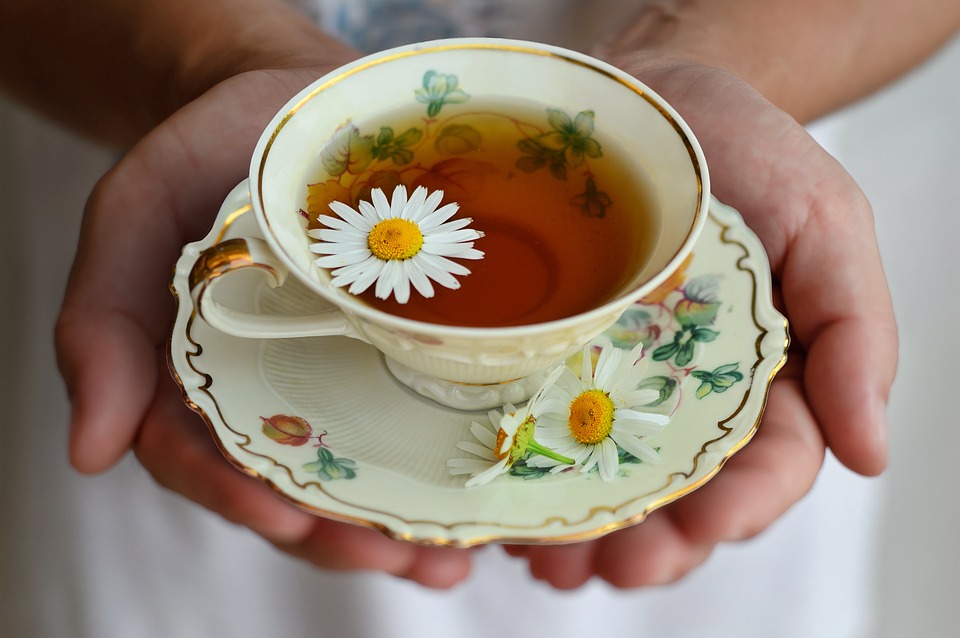
This is the first in our online series of live mindfulness and movement mini-sessions for children offering a you-nique mind-body-heart experience for nervous system regulation, resiliency, and well-being through the art and science of mindfulness, movement, and music during our “Shelter at Home” period. San Luis Obispo County has issued an executive order to “Shelter at Home” to slow the spread of coronavirus disease 2019 (COVID-19). For those of you in San Luis Obispo County (like me), you can stay updated and informed on the evolving COVID-19 situation with resources from the SLO County Department of Health at the link HERE.
Parents! Let’s meet online with your child(ren) for our magic “tea party”! The targeted audience is elementary school-aged children but siblings of all ages are welcome to join in ~ grownups are encouraged to participate as well.
During this time of “shelter-in-place”, children (and their grownups) are going to feel a heightened sense of worry, anxiety, fear, or other difficult emotions. As adults we can provide a sense of safety to calm the nervous system through relationships and having fun to help ease those emotions. The magic is in the movement and refocusing attention on the the things that ground us. So get ready to play with me!
The only thing you need to bring is your imagination and curiosity! (Tea cup not required!)
Mindful Kindful YOUniversity offers mindful, kindful, peaceful programs for the well-being of individuals and the community as a whole, for anyone living in or visiting our community in San Luis Obispo County. Using the online platform, we can connect with others around the world!
Please invite your friends! Share our Facebook Event!
Join our scheduled Zoom meeting
LINK: https://zoom.us/j/614378822
Be sure to download Zoom ahead of time on your computer, tablet, or phone.
Computer will provide the best visibility for participation.
Magic Tea Party for Kids ~ Mindfulness, Movement, Music
March 20, 2020 10:00 – 10:20ish AM (Pacific Time)
Meeting ID: 614 378 822
One tap mobile
+16699006833,,614378822# US (San Jose)
+13462487799,,614378822# US (Houston)
Dial by your location
+1 669 900 6833 US (San Jose)
+1 346 248 7799 US (Houston)
+1 312 626 6799 US (Chicago)
+1 929 205 6099 US (New York)
+1 253 215 8782 US
+1 301 715 8592 US
Meeting ID: 614 378 822
Find your local number: https://zoom.us/u/ayCWtytDW
This Zoom meeting is FREE OF CHARGE, however, DONATIONS IN ANY AMOUNT ARE WELCOME! Please consider supporting local small business solopreneurs, like myself, if you are in a position to do so. There are many of us small business entrepreneurs in your community that will be struggling financially due to our current national pandemic and the cancellation of our community programs and services – we are pouring our heart, time, and love into our new online offerings because we love our work and we want a healthy, happy future for generations to come. Many of us have lost 100% of our revenue stream “overnight”. So I’m learning how to move to online classes to continue sharing my love of mindfulness and movement because I know how essential it is, now more than ever. So please consider a donation – no amount is too small! I still have to pay monthly fees for the large companies like Constant Contact to send out emails, to Zoom so I can record these new videos for you and your children, and I desperately need toilet paper (laughing but true!). If your finances are scary right now, no worries. Come enjoy the session for free!
If you would like to send a DONATION:
Venmo – https://venmo.com/Dee-DiGioia or Paypal – https://www.paypal.me/deedigioia

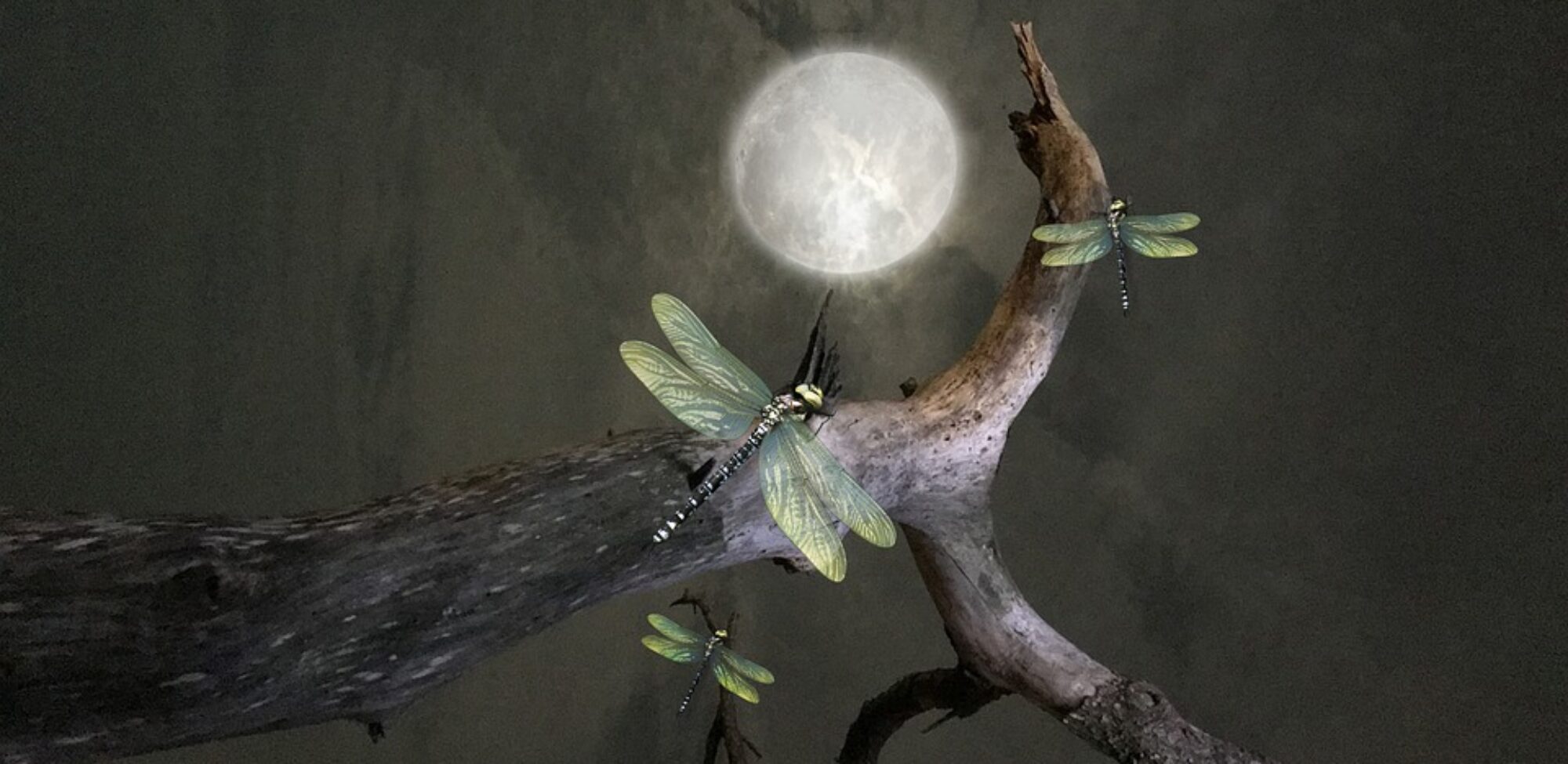
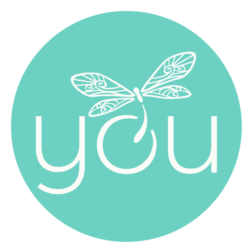



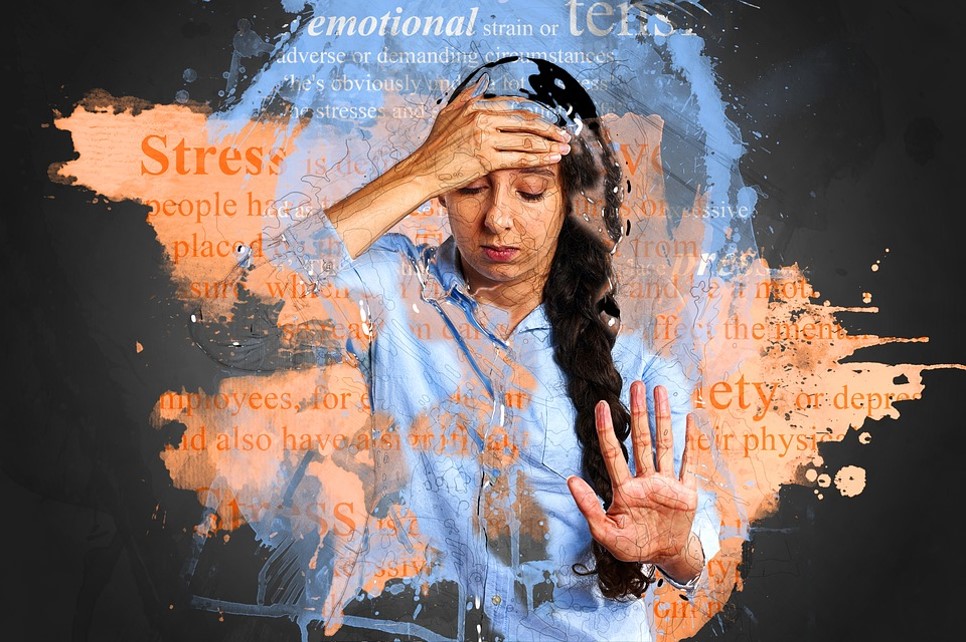

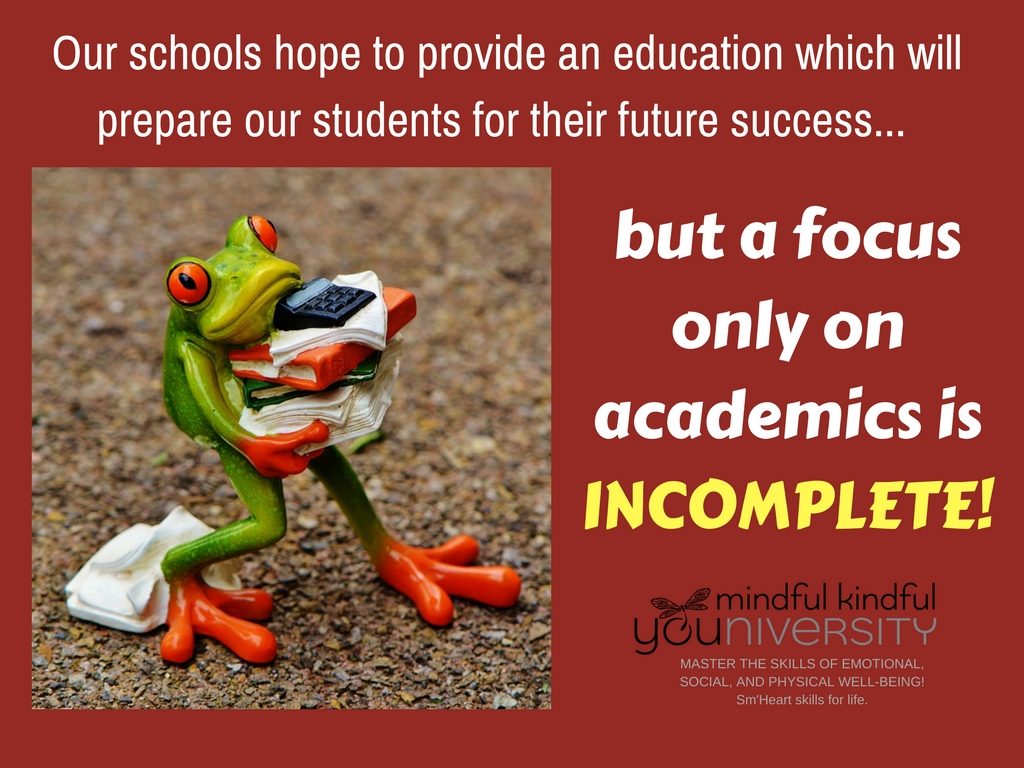
 Felt like you needed a break and just want everyone to leave you alone because you are exhausted, overwhelmed, STRESSED?* Most participants in the workshops raised their hands for each of these questions, sometimes raising both hands, or standing up, for emphasis! We had a good laugh over it… and then faced the reality. Any one or more of these occurring regularly in our lives may have a negative or consequential impact on our lives.
Felt like you needed a break and just want everyone to leave you alone because you are exhausted, overwhelmed, STRESSED?* Most participants in the workshops raised their hands for each of these questions, sometimes raising both hands, or standing up, for emphasis! We had a good laugh over it… and then faced the reality. Any one or more of these occurring regularly in our lives may have a negative or consequential impact on our lives. 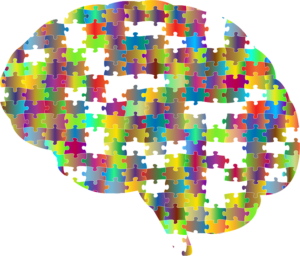
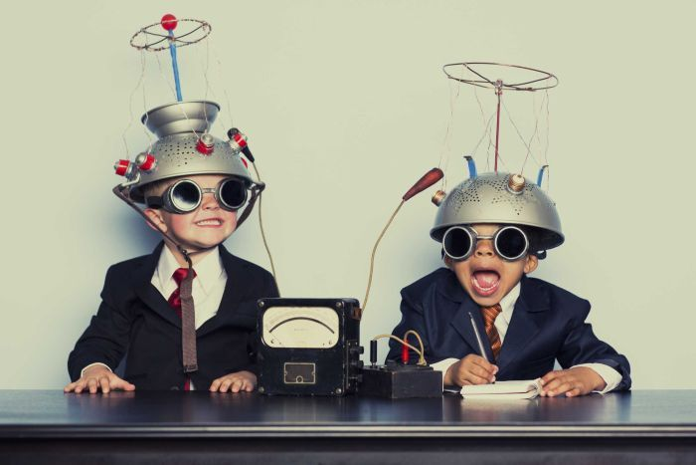
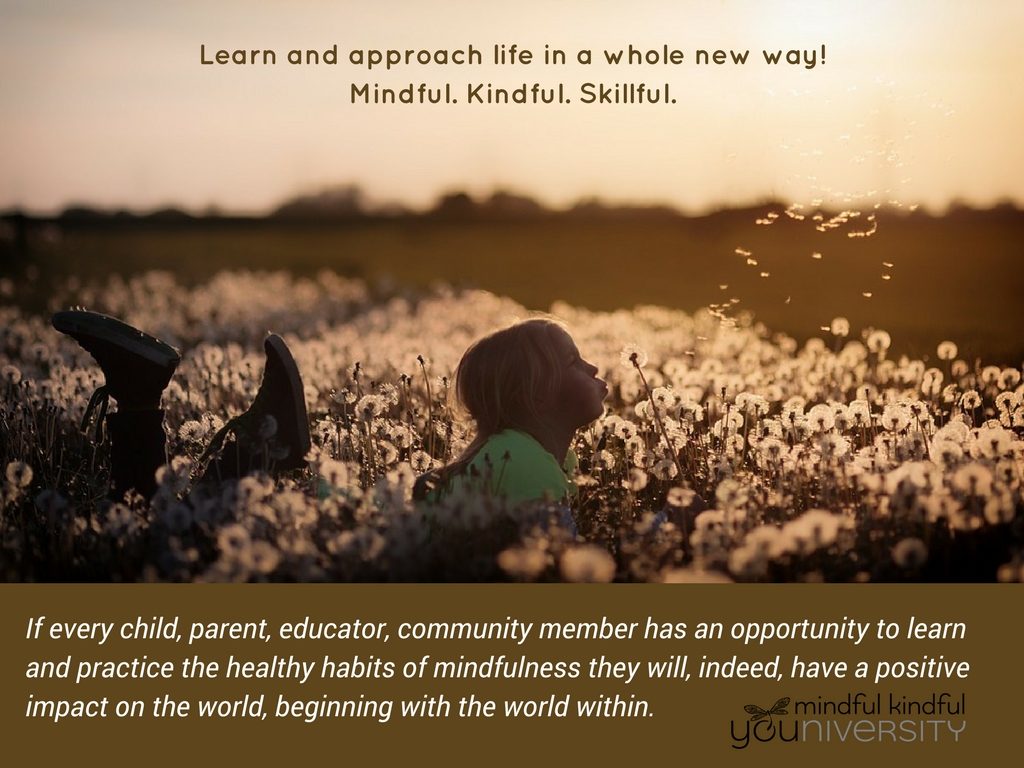
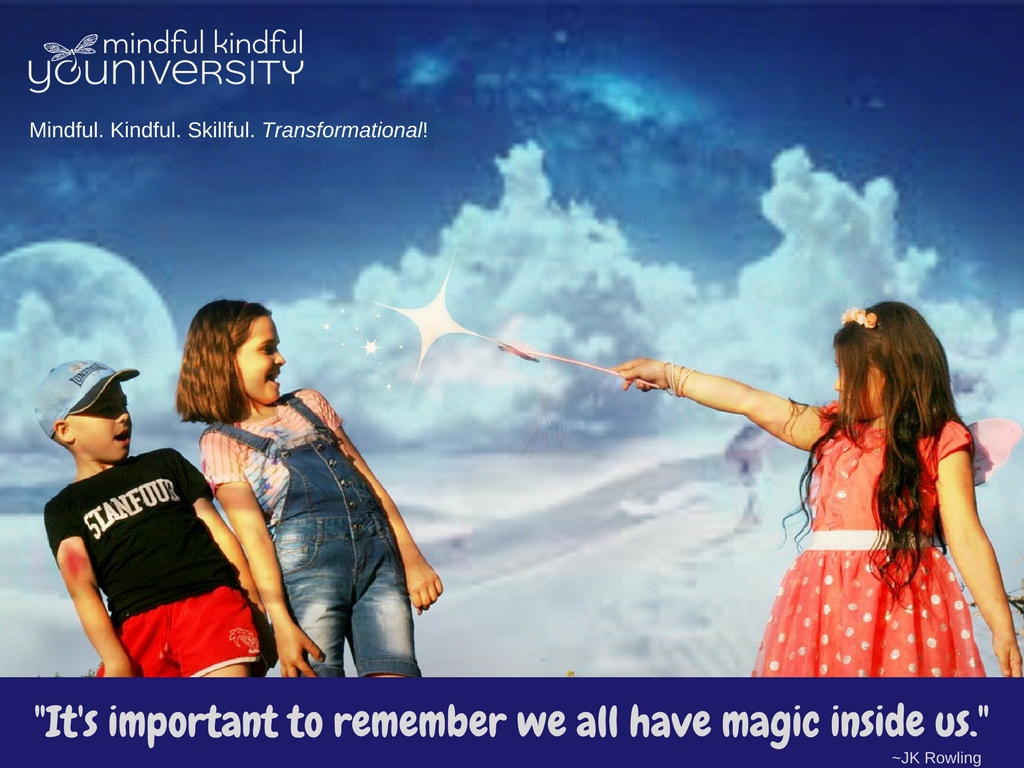
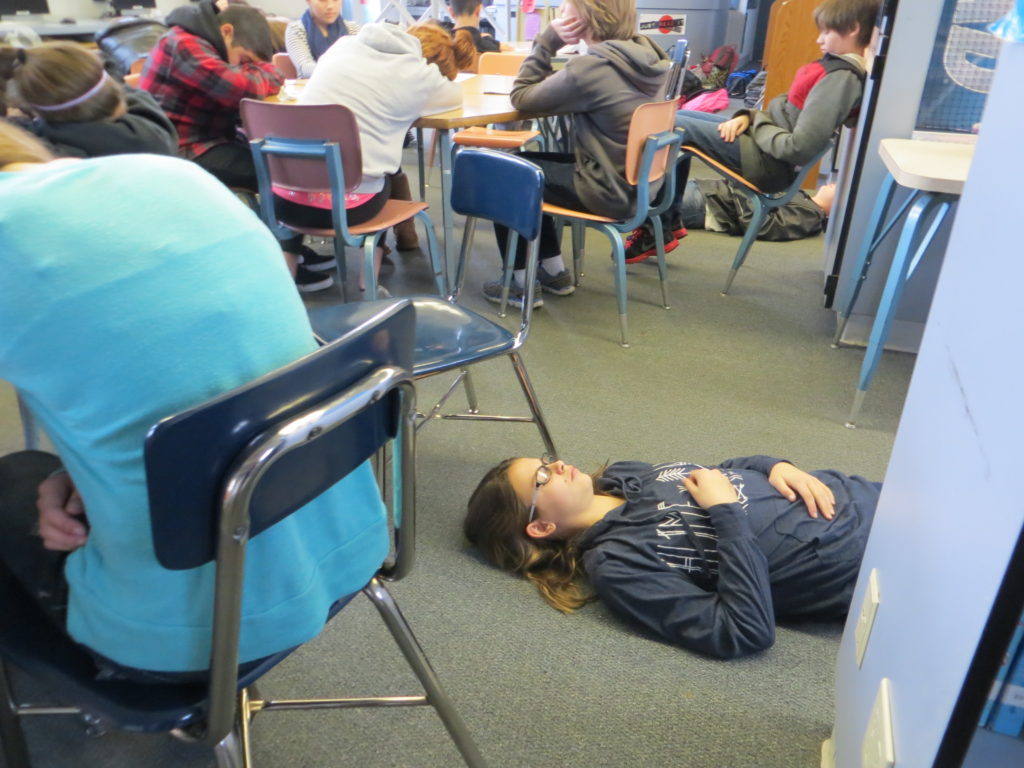
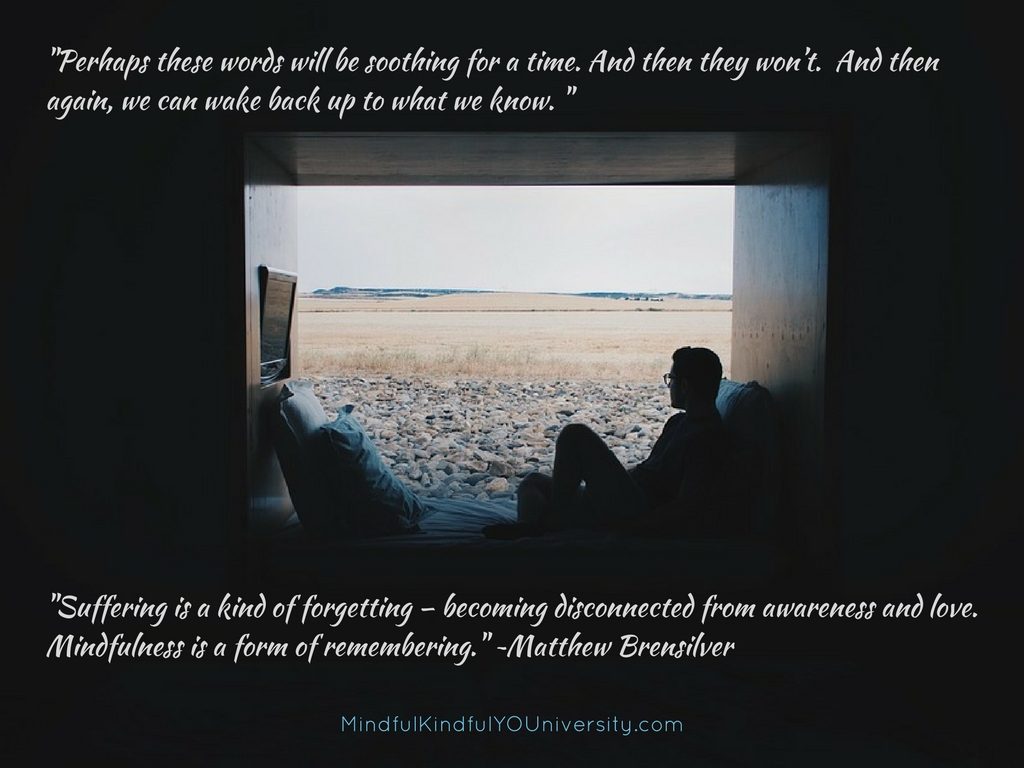
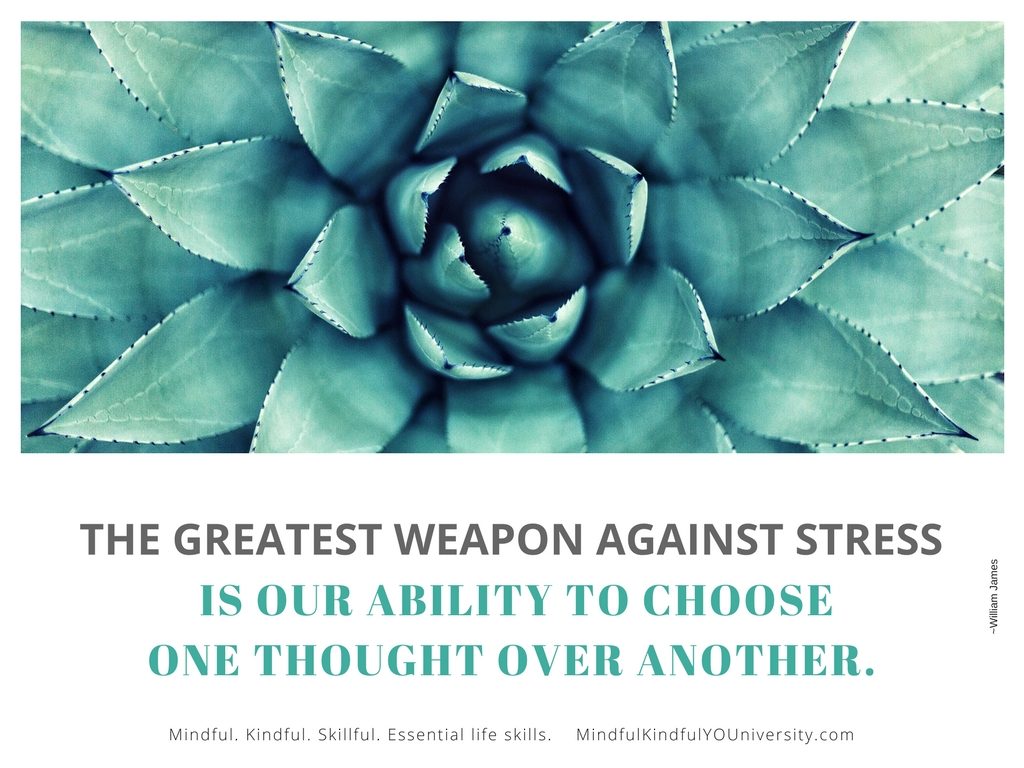
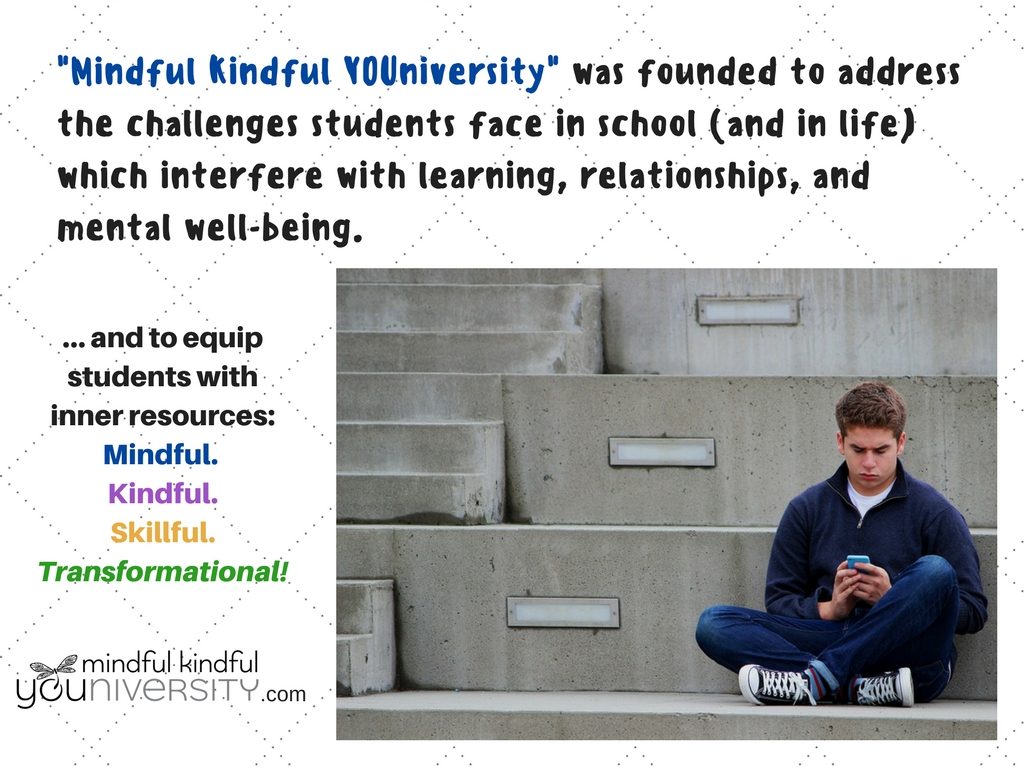
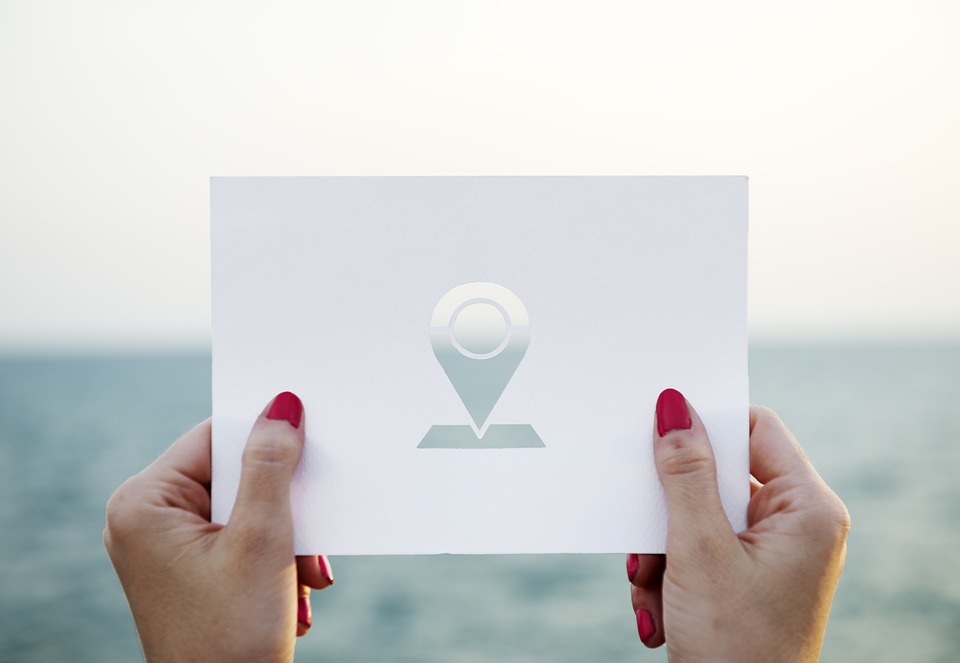

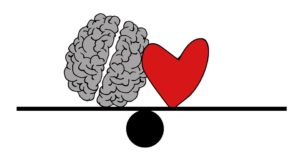
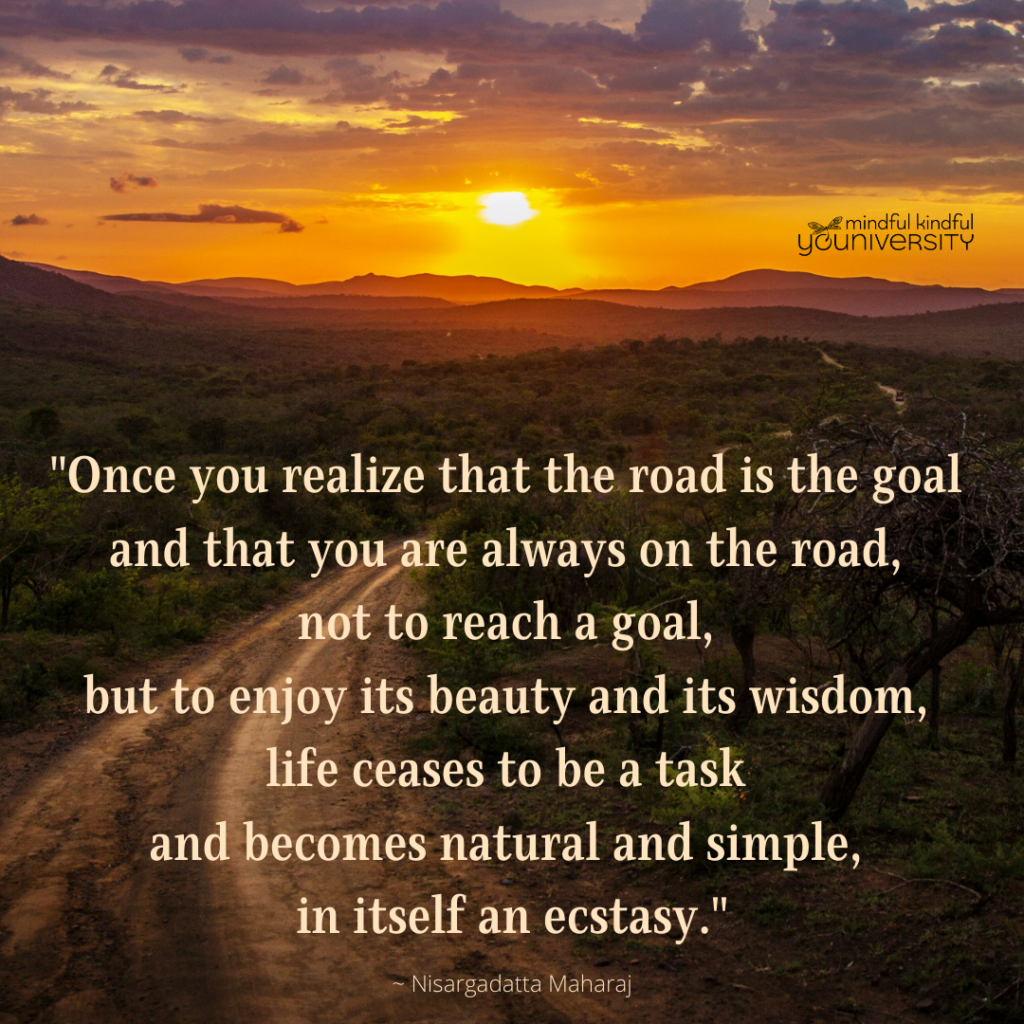
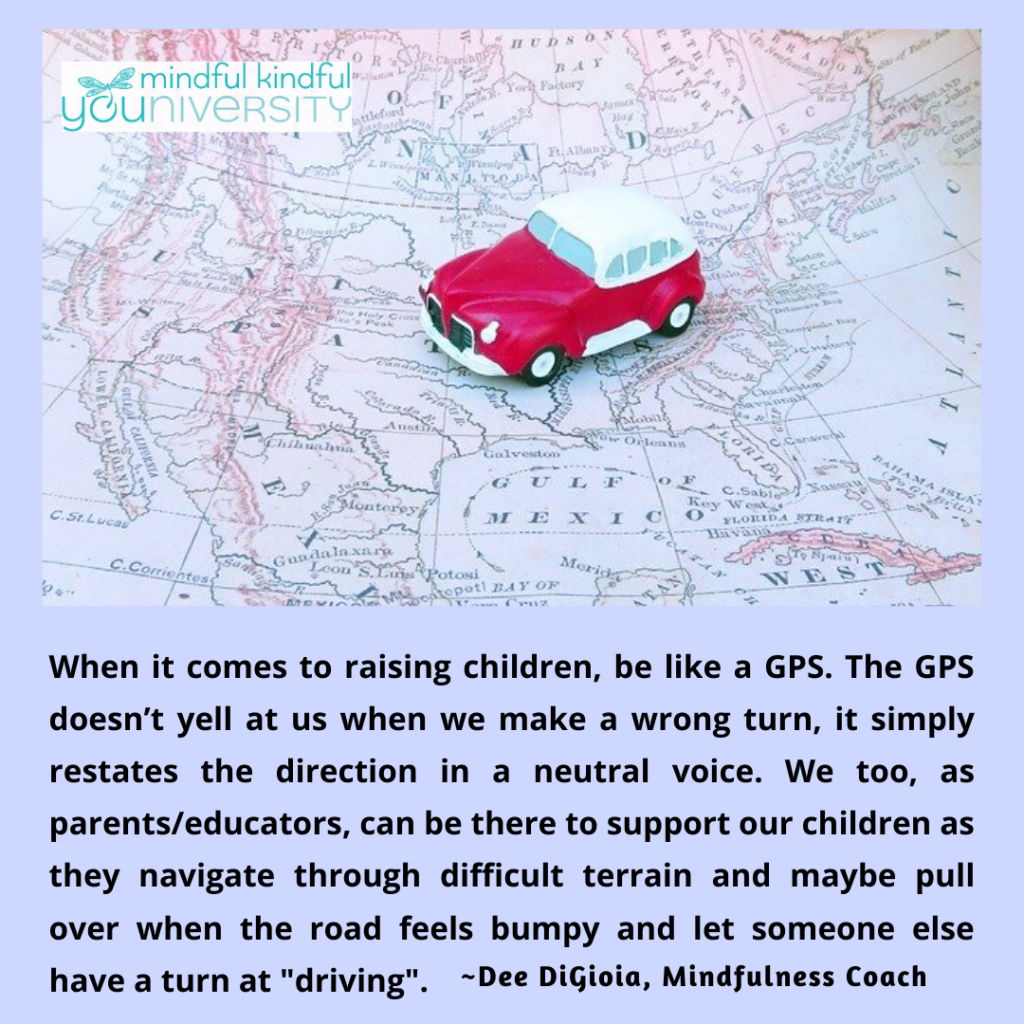

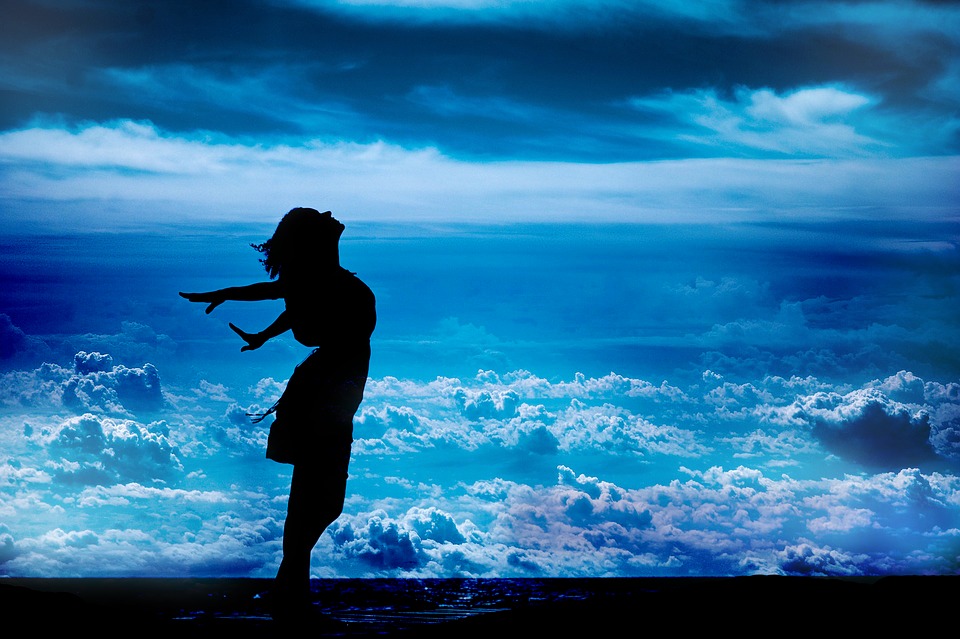
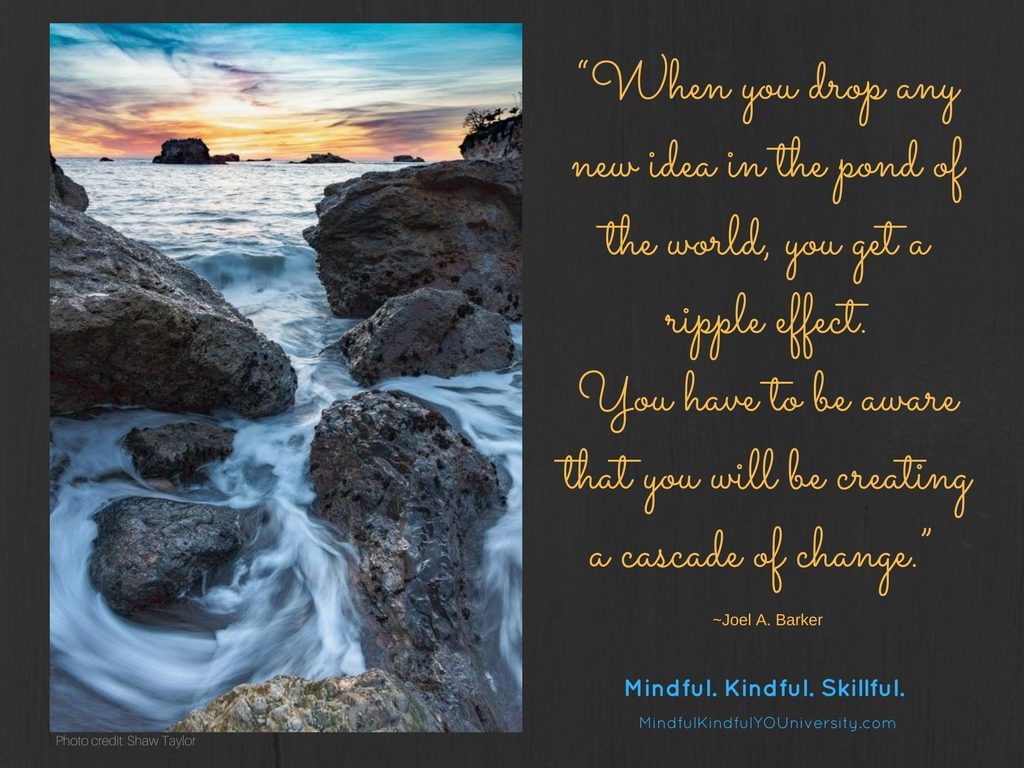
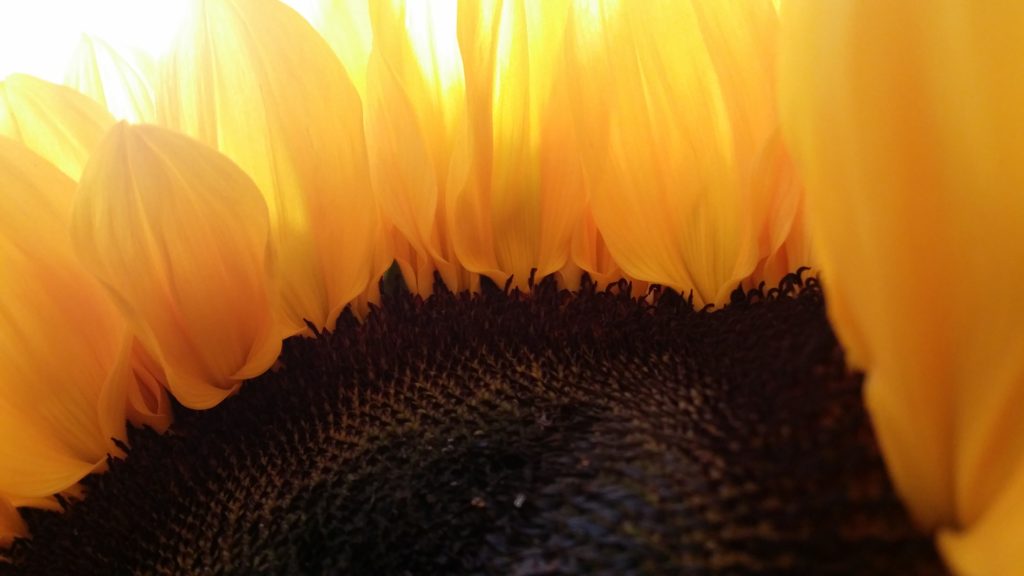

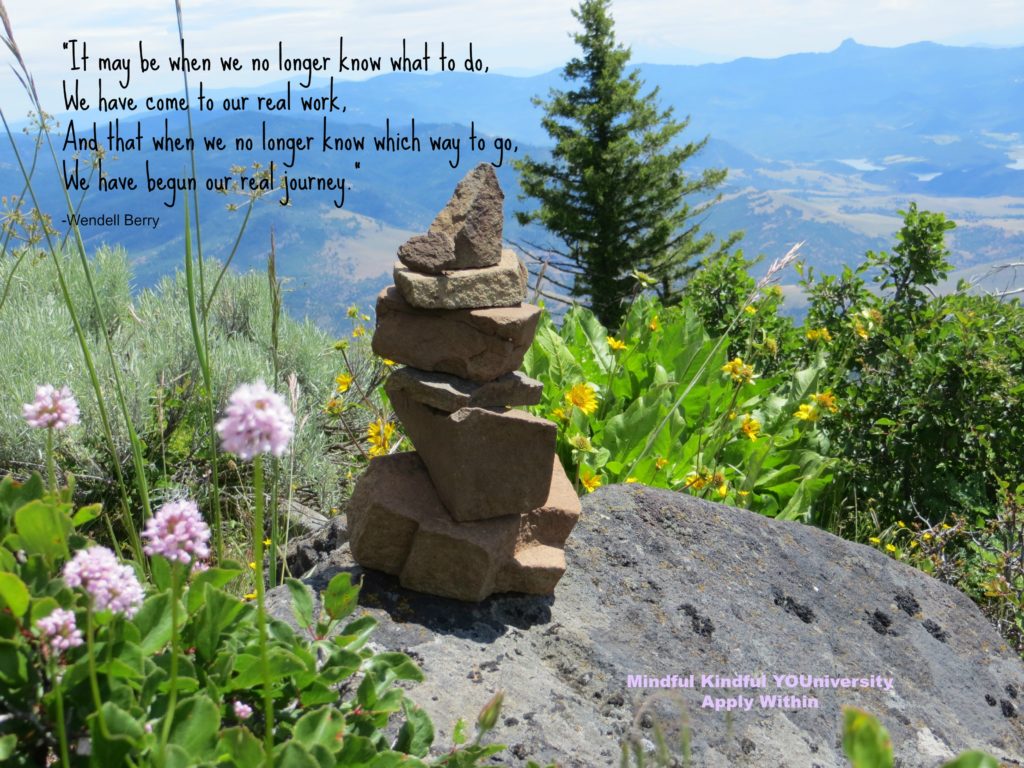
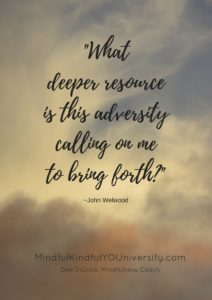 This became my north star for navigating through the year.
This became my north star for navigating through the year. 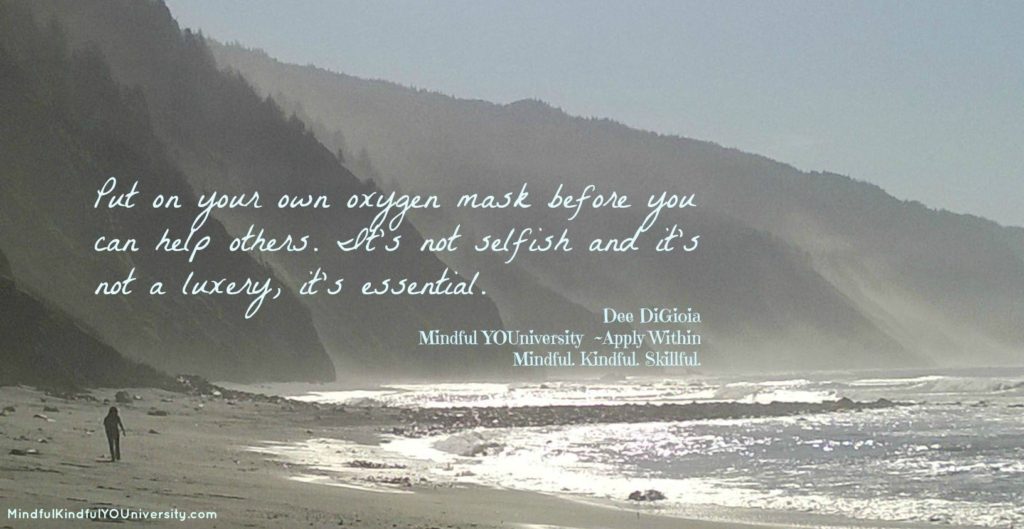
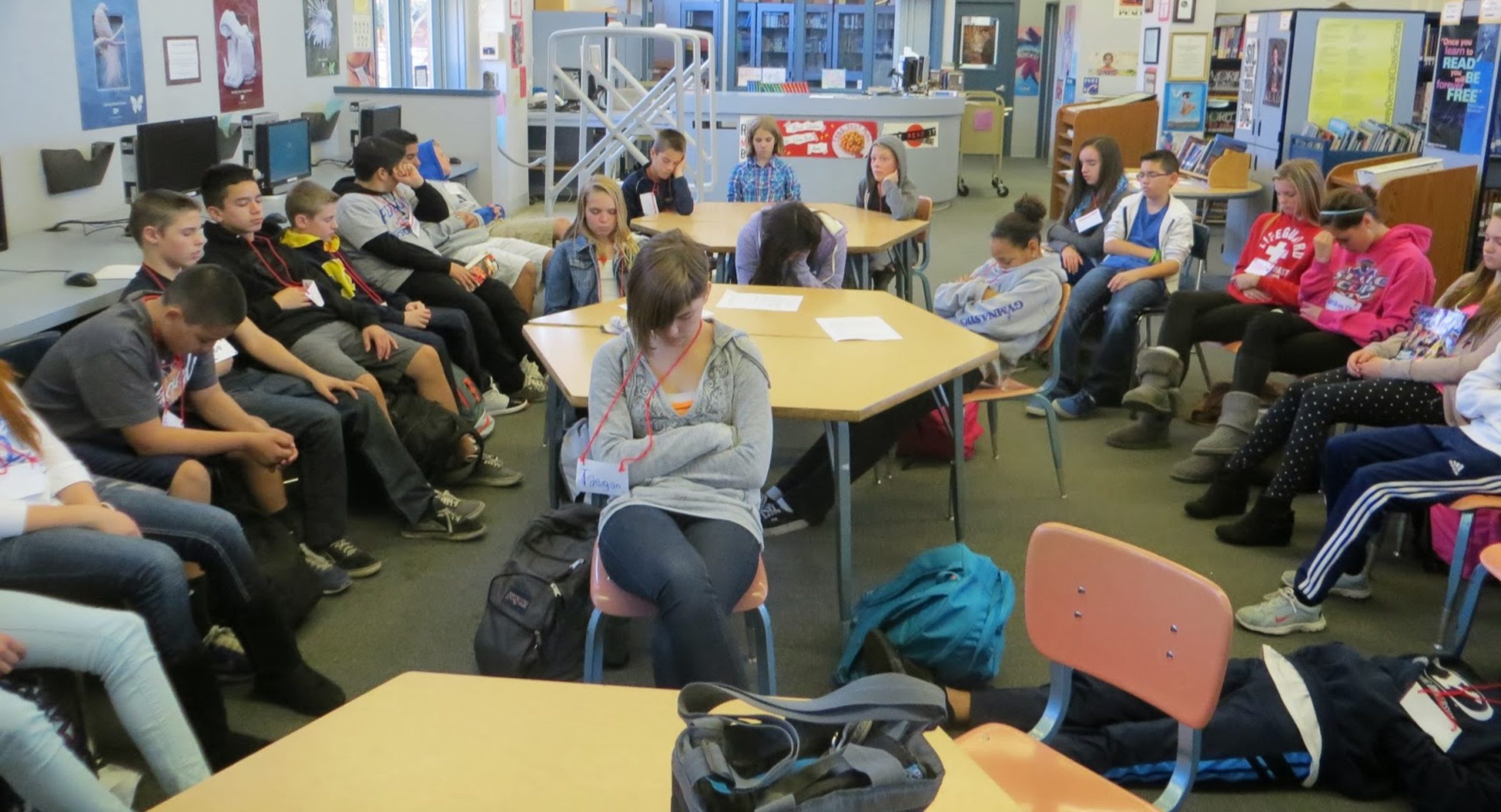
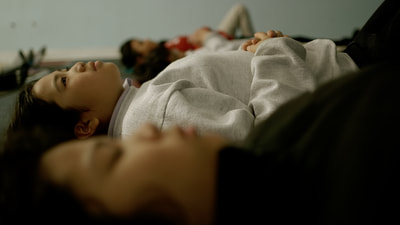
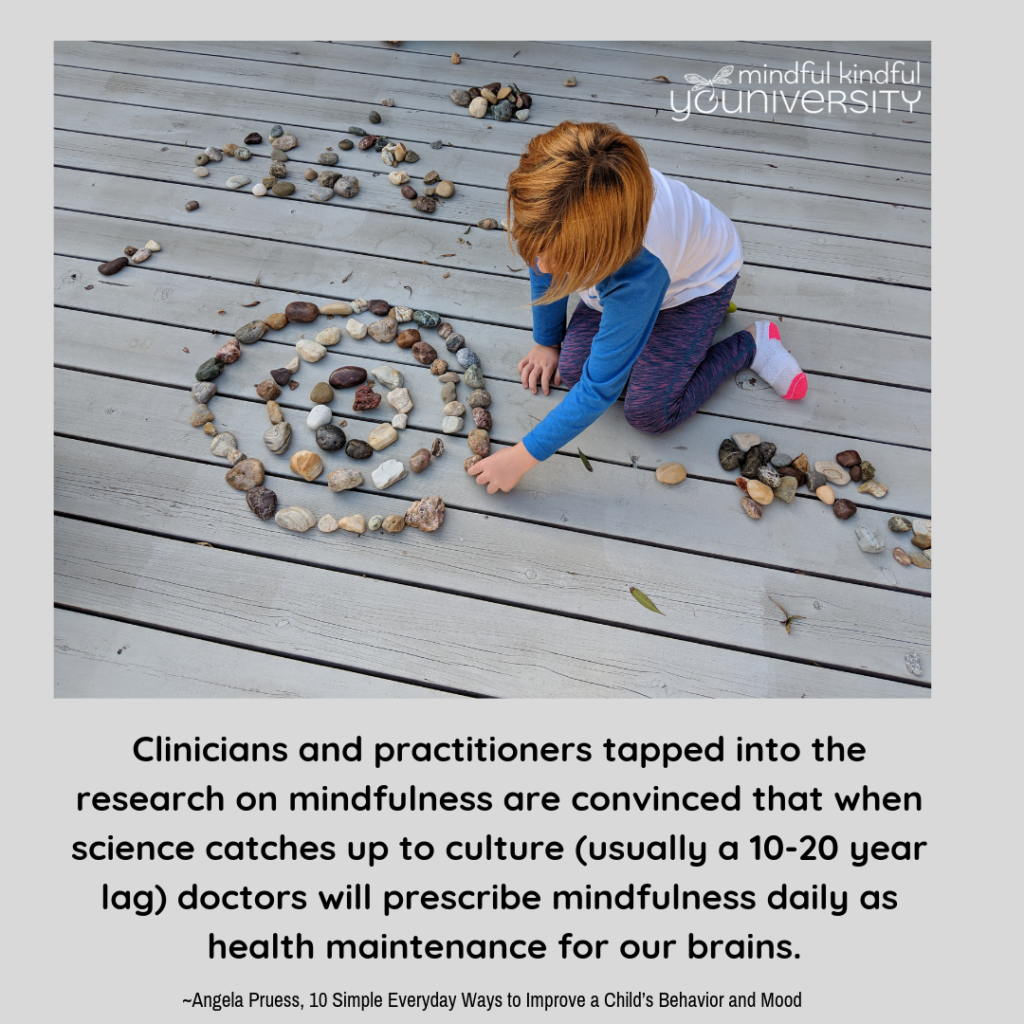
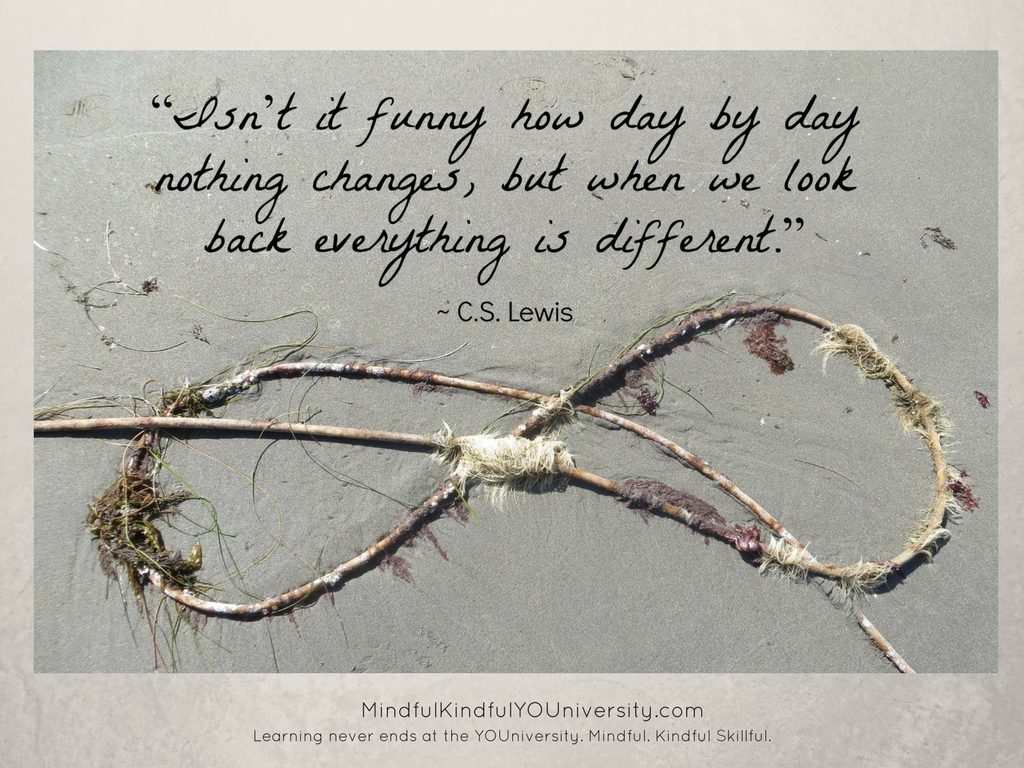
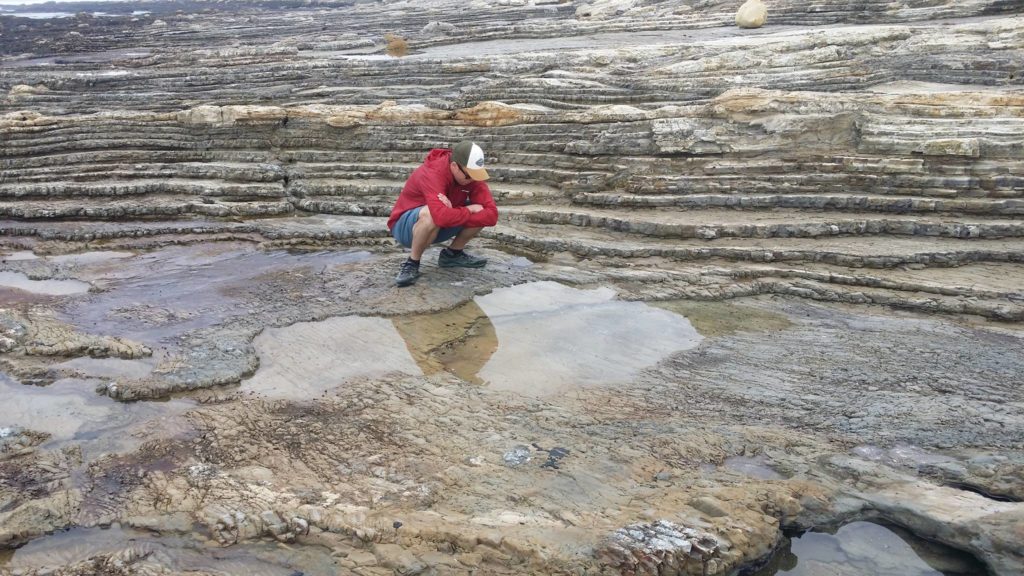
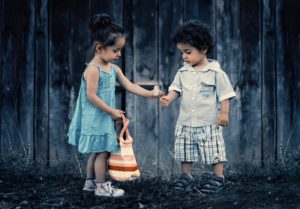
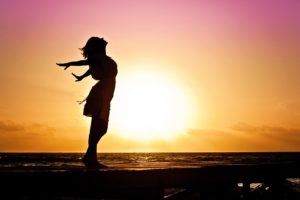
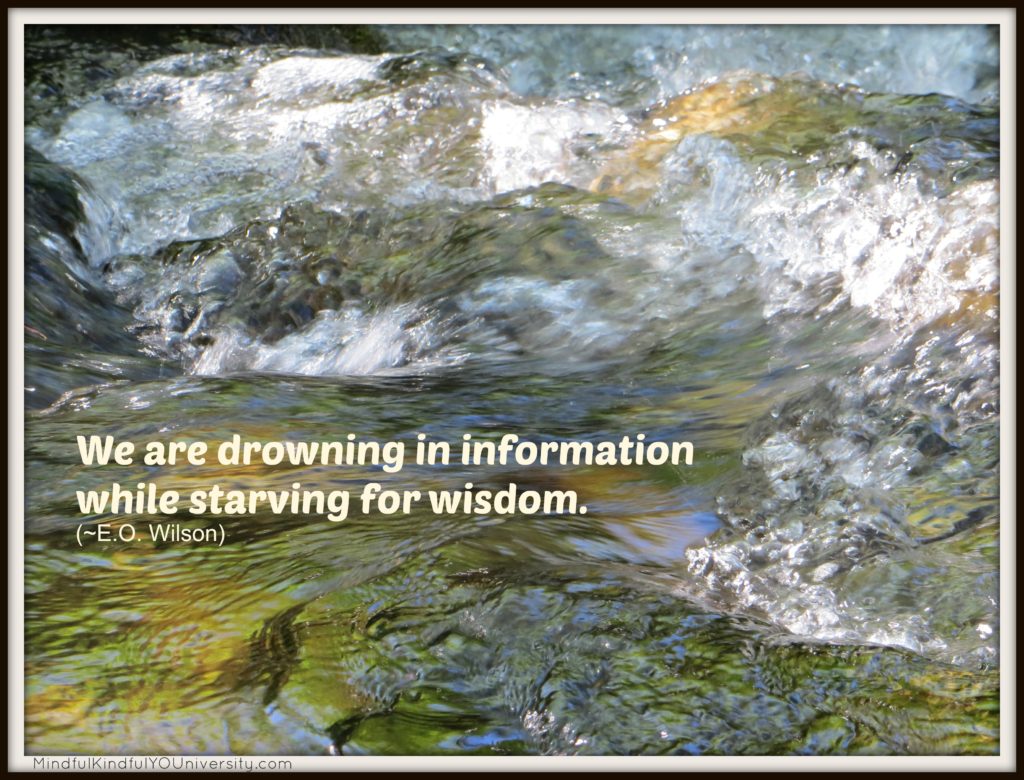 “Once upon a time”… that opening line still evokes such treasured memories from my youth. It meant a wonderful story was about to capture my wild imagination. I think of my fuzzy pj’s and my shredded blankie in a child-sized rocking chair reading my “Little Golden” books or special books from the library (oooh how I loved the smell of the pages!). I loved how, in the end, there was almost always a happy ending.
“Once upon a time”… that opening line still evokes such treasured memories from my youth. It meant a wonderful story was about to capture my wild imagination. I think of my fuzzy pj’s and my shredded blankie in a child-sized rocking chair reading my “Little Golden” books or special books from the library (oooh how I loved the smell of the pages!). I loved how, in the end, there was almost always a happy ending.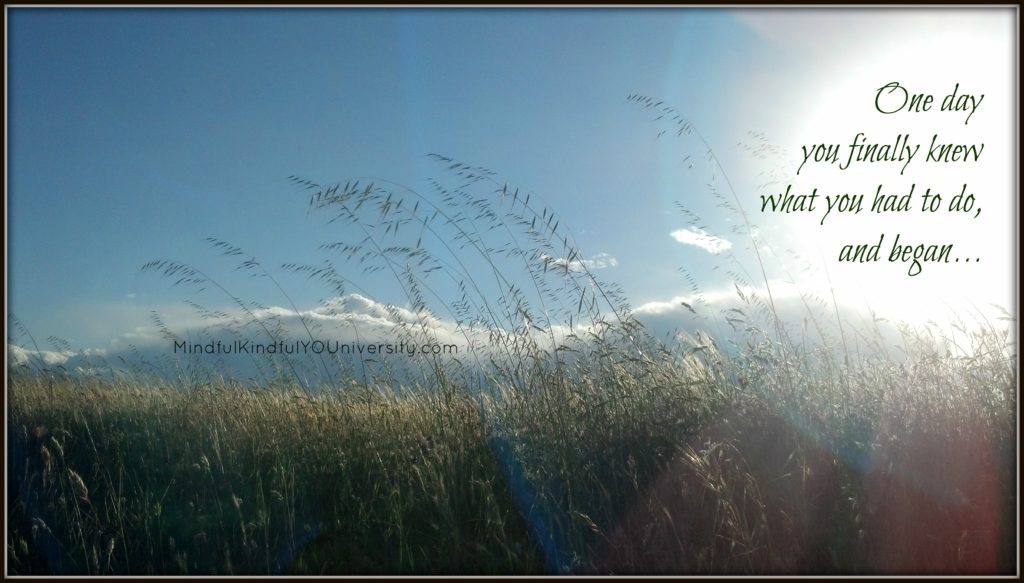

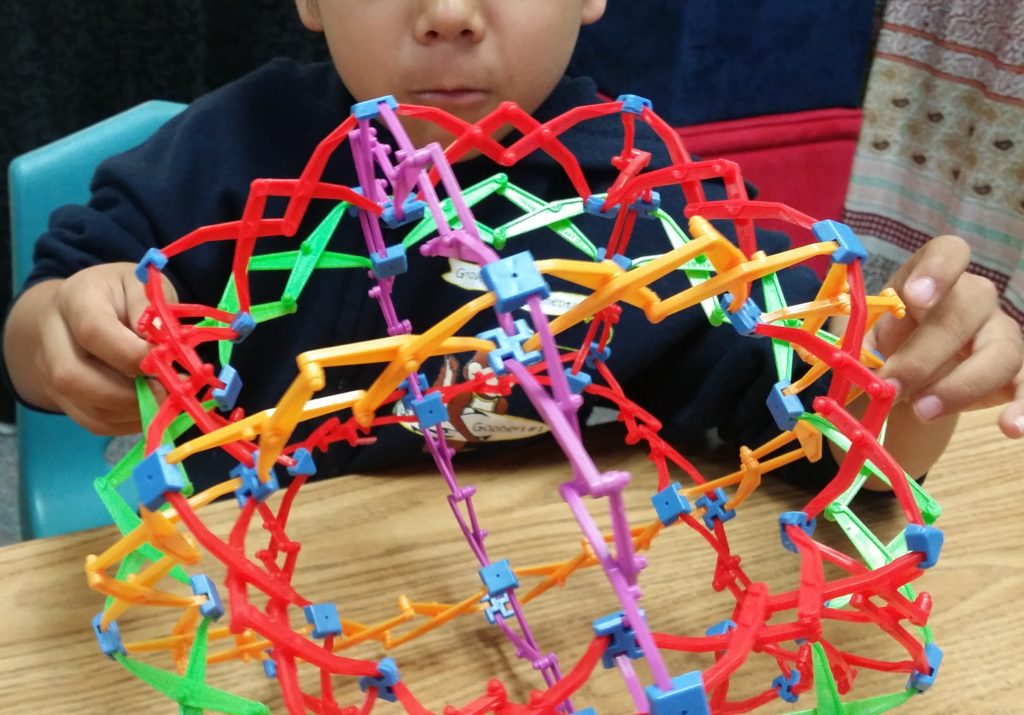
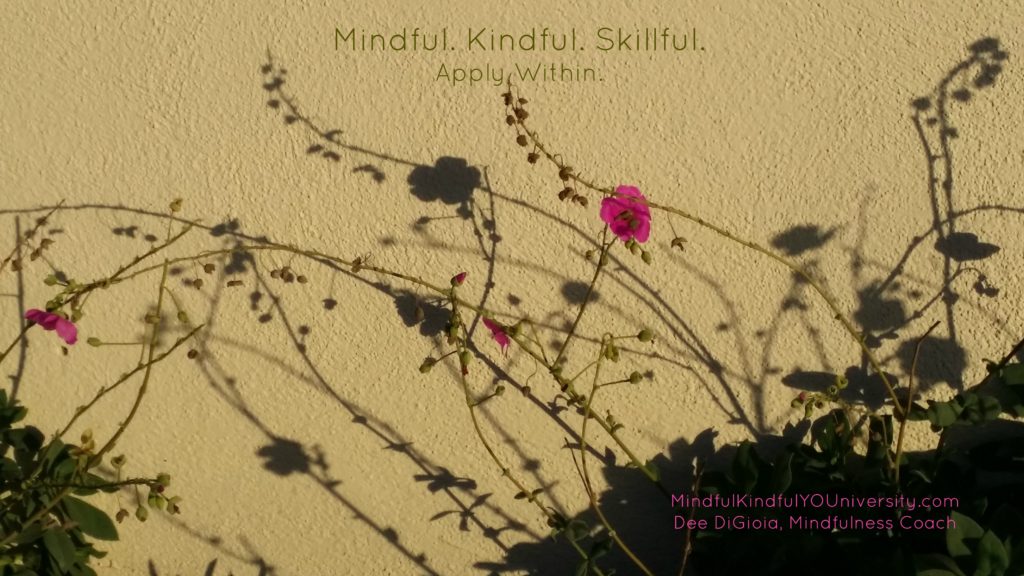
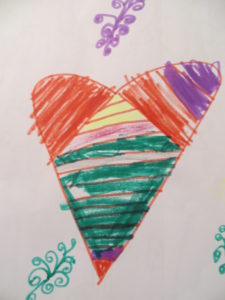 Last school year I had the privilege to teach a mindfulness program at an inner city elementary school in Sacramento where I was also serving as the district speech-language therapist. Each morning I started the day with a 30 minute class “Circles” class alternating among grades K-5. This school was probably the most challenging group of students I have ever worked with, but honestly it became one of the most rewarding experiences. So many of the students had severe behavioral challenges stemming from trauma and chronic stress. Working here was one of the reasons I decided to pursue the certification program through
Last school year I had the privilege to teach a mindfulness program at an inner city elementary school in Sacramento where I was also serving as the district speech-language therapist. Each morning I started the day with a 30 minute class “Circles” class alternating among grades K-5. This school was probably the most challenging group of students I have ever worked with, but honestly it became one of the most rewarding experiences. So many of the students had severe behavioral challenges stemming from trauma and chronic stress. Working here was one of the reasons I decided to pursue the certification program through